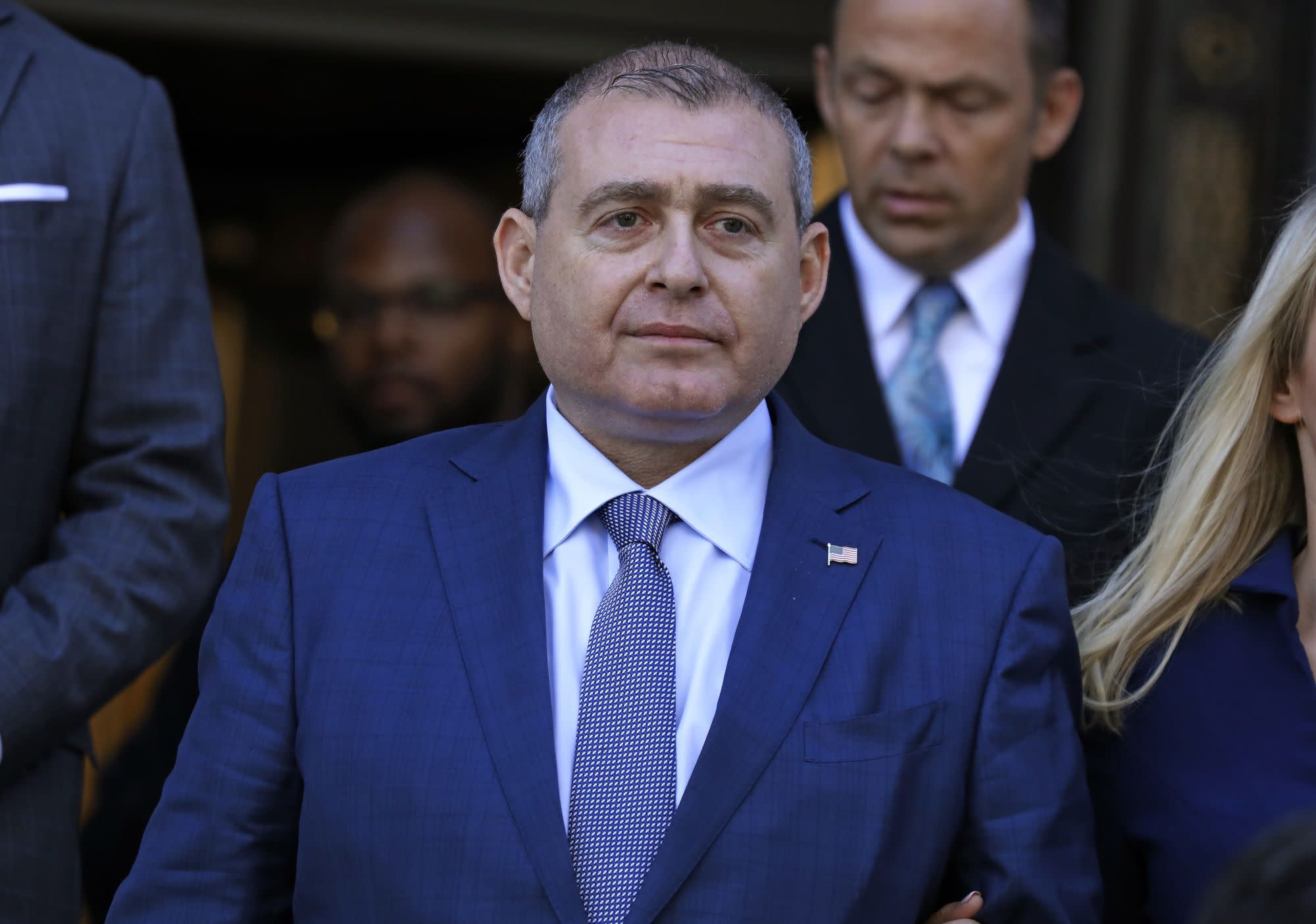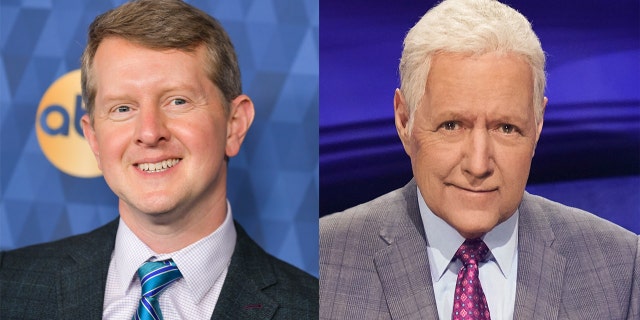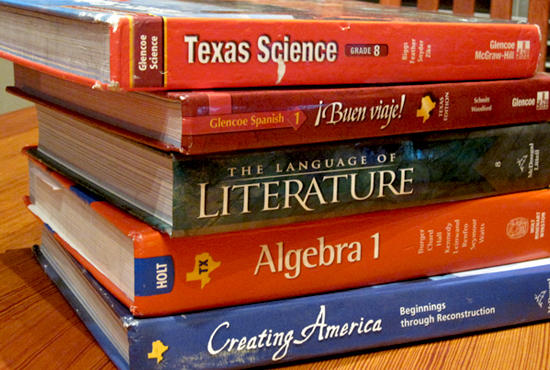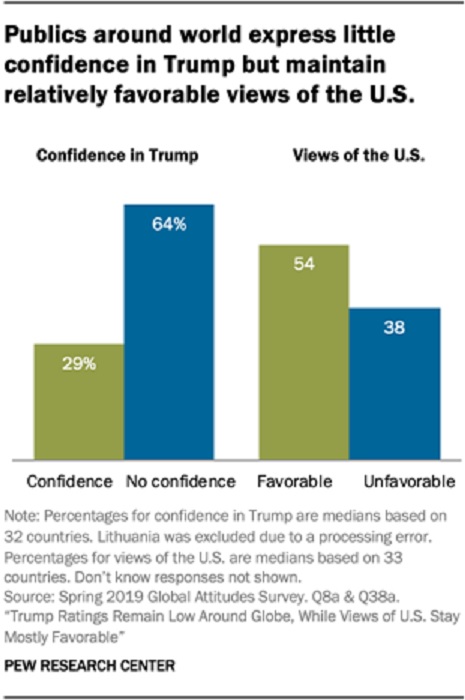
Lev Parnas
Dear Commons Community,
Rachel Maddow scored an interview coup last night with Lev Parnas, Rudy Giuliani’s associate, who is at the center of the Ukraine scandal that is the focus of the President Trump’s impeachment. Besides Giuliani and Trump, he also implicates Attorney General William Barr. As reported by the Associated Press.
“A close associate of President Donald Trump’s personal lawyer says he delivered an ultimatum in May to the incoming president of Ukraine that no senior U.S. officials would attend his inauguration and all American aid to the war-torn country would be withheld if an investigation into Joe Biden wasn’t announced.
Lev Parnas, an associate of Rudy Giuliani, made several potentially explosive claims in a televised interview last night with MSNBC’s Rachel Maddow. The day after Parnas said he delivered the message, the U.S. State Department announced that Vice President Mike Pence would no longer be attending the inauguration of Ukrainian President Volodymir Zelenskiy.
Parnas alleged that Trump ordered Pence to stay away at the behest of Giuliani to send a clear message to the incoming Ukrainian administration that they needed to take seriously the demand for an investigation into Biden, a Democratic presidential candidate seen as a potential threat to Trump’s 2020 reelection.
Parnas said every communication he had with Zelenskiy’s team was at the direction of Giuliani, whom he regularly overheard briefing Trump about their progress by phone.
“President Trump knew exactly what was going on,” said Parnas, a Soviet-born Florida businessman facing a raft of criminal charges related to campaign finance violations. “He was aware of all my movements. I wouldn’t do anything without the consent of Rudy Giuliani, or the President.”
If true, Parnas’ account undercuts a key Republican defense of Trump deployed during the ongoing impeachment fight — that Trump’s withholding of vital military aid to Ukraine last summer wasn’t a quid pro quo for Biden investigations because Zelenskiy didn’t know the money was being held up.
Giuliani called Parnas’ statements “sad.”
“I feel sorry for him,” Giuliani said Wednesday in a text message to an AP reporter. “I thought he was an honorable man. I was wrong.”
Asked directly if Parnas was lying, Trump’s lawyer replied, “I’m not responding yet.”
Parnas said he also heard Giuliani and another Trump-aligned defense lawyer, Victoria Toensing, briefing Attorney General William Barr by phone about their efforts to pressure the Ukrainian government to announce the investigation into Biden and his son Hunter’s business dealings.
“Barr was basically on the team,” Parnas said.
The Justice Department said in September that Trump had not spoken to Barr about having Ukraine investigate the Bidens and that the attorney general had not discussed Ukraine with Giuliani. Justice Department spokeswoman Kerri Kupec said Wednesday that Parnas’ claims were “100% false.”
The new accusations came as House Democrats made public a trove of documents, text messages and photos from Parnas’ smartphones that appear to verify parts of his account.
A federal judge earlier this month ruled that Parnas could provide the materials to Congress as part of the impeachment proceedings. Democrats voted in December to impeach Trump for abuse of power and for obstruction of Congress.
A House committee chairman said Wednesday his panel will investigate what he says are “profoundly alarming” text messages among the newly disclosed materials that have raised questions about the possible surveillance of former Ambassador to Ukraine Marie Yovanovitch before she was ousted by the Trump administration last spring.
The messages show that a Robert F. Hyde, a GOP candidate for Congress from Connecticut, disparaged Yovanovitch in messages to Parnas and gave him updates on her location and cellphone use.
Rep. Eliot Engel, a New York Democrat who chairs the House Foreign Affairs Committee, said Wednesday that the messages are “profoundly alarming” and “suggest a possible risk” to Yovanovitch’s security in Kyiv before she was recalled from her post.
“These threats occurred at the same time that the two men were also discussing President Trump’s efforts, through Rudy Giuliani, to smear the ambassador’s reputation,” Engel said.
He said the committee staff flagged the information for the State Department’s Bureau of Diplomatic Security and is seeking assurances that proper steps have been taken to ensure the security of Yovanovitch and committee staff. He said he also wanted to know what, if anything, the State Department knew about the situation.
“This unprecedented threat to our diplomats must be thoroughly investigated and, if warranted, prosecuted to the fullest extent of the law,” Engel said.
In a Twitter post Tuesday, Hyde called Parnas a “dweeb” and suggested the messages about surveilling the ambassador were a joke.
Parnas, in turn, also said Wednesday that Hyde’s texts shouldn’t be taken seriously.
Democrats released the files Tuesday and Wednesday as they prepared to send articles of impeachment to the Senate for Trump’s trial. The documents could add pressure on the Senate as it debates whether to hear witnesses in the trial.
The text and phone records show Parnas communicating with Giuliani multiple times a day before Yovanovitch’s removal, as well as a handwritten note that mentions asking Ukraine’s president to investigate “the Biden case.”
Among the documents is a screenshot of a previously undisclosed letter from Giuliani to Zelenskiy dated May 10, 2019, which was shortly after Zelenskiy was elected but before he took office. In the letter, Giuliani requests a meeting with Zelenskiy “as personal counsel to President Trump and with his knowledge and consent.”
The Associated Press reported in October that Zelenskiy had huddled three days earlier, on May 7, with a small group of key advisers in Kyiv to seek advice about how to navigate the insistence from Trump and Giuliani for a probe into the Bidens. He expressed his unease about becoming entangled in the American elections, according to three people familiar with the details of the three-hour meeting. They spoke on the condition of anonymity because of the diplomatic sensitivity of the issue, which has roiled U.S.-Ukrainian relations.
One of the documents released by Democrats is a handwritten note on stationery from the Ritz-Carlton Hotel in Vienna that says “get Zalensky to Annonce that the Biden case will be Investigated.”
Parnas told Maddow he took the notes as he was speaking by phone to Giulliani, receiving precise instructions about the demands Trump wanted to convey to Zelenskiy’s team.
Trump asked Zelenskiy in a July 25 call to investigate the Bidens. Hunter Biden served on the board of a gas company based in Ukraine.
The documents were sent to the House Judiciary Committee by three other House panels “to be included as part of the official record that will be transmitted to the Senate along with the Articles of Impeachment,” according to a statement. Some of the materials were made public while others were blacked out and marked as sensitive.
Parnas and his business partner, Igor Fruman, both U.S. citizens who emigrated from the former Soviet Union, were indicted last year on charges of conspiracy, making false statements and falsification of records. Prosecutors allege they made outsize campaign donations to Republican causes after receiving millions of dollars originating from Russia. The men have pleaded not guilty.
In several of the documents, Parnas communicated with Giuliani about the removal of Yovanovitch. The ambassador’s ouster, ordered by Trump, was at the center of the Democrats’ impeachment inquiry. Yovanovitch testified in the House impeachment hearings that she was the victim of a “smear campaign.”
Trump on the July call told Zelenskiy that Yovanovitch was “going to go through some things.” She had been recalled from her diplomatic post roughly three months earlier.
On April 23, just before Yovanovitch was directed to return to the United States, Giuliani texted Parnas, “He fired her again.” Parnas texted back, “I pray it happens this time I’ll call you tomorrow my brother.”
Parnas also received messages from Hyde, who referred to Yovanovitch as a “bitch.” Hyde is now running for a U.S. House seat in Connecticut.
After texting about the ambassador, Hyde gave Parnas detailed updates that suggested he was watching her. In one text, Hyde wrote: “She’s talked to three people. Her phone is off. Her computer is off.” He said she was under heavy security and “we have a person inside.”
Hyde at one point texted Parnas that ″they are willing to help if we/you would like a price,” and “guess you can do anything in Ukraine with money … is what I was told.”
Parnas texted back: “lol.”
In an interview with The Associated Press, another committee chairman, House Intelligence Committee Chairman Adam Schiff, said the texts are “deeply disturbing” and the evidence they compiled “certainly suggests that people were surveilling the ambassador.”
“What’s most disturbing about these texts is that they seem to suggest that there’s somebody inside the embassy who’s supplying information to Parnas and Hyde about the movement of the ambassador,” Schiff said. “So it raises a whole host of troubling questions,” he said, about how far the president and Giuliani were willing to go.
Lawrence Robbins, an attorney for Yovanovitch, called for an investigation into the messages.
“Needless to say, the notion that American citizens and others were monitoring Ambassador Yovanovitch’s movements for unknown purposes is disturbing. We trust that the appropriate authorities will conduct an investigation to determine what happened.”
On Twitter, Hyde dismissed the claims as “laughable” and appeared to try to distance himself from Parnas. He said he would “welcome” an investigation.
The text messages show that Parnas consulted Giuliani in January 2019 after the U.S. denied a visa to former Ukrainian Prosecutor General Viktor Shokin. Giuliani replied: “I can revive it.”
The following day, Giuliani told Parnas, “It’s going to work I have no 1 in it.” Giuliani then predicted “he will get one,” before giving Parnas the phone number for Jay Sekulow, the leader of the president’s personal legal team. Sekulow is expected to be part of Trump’s legal team during the impeachment trial.
Trump has repeatedly denied knowing Parnas and Fruman, despite numerous photos that have emerged of the men together. Among the materials released from Parnas’ phone this week were more photos of him with Trump, as well as the president’s son Donald Trump Jr., first daughter Ivanka Trump, and her husband, Jared Kushner.
Asked by Maddow about Trump’s denials of knowing him, Parnas said he had spoken one-on-one with the president numerous times.
“He lied,” Parnas said of the president. “I mean, we’re not friends. Me and him didn’t watch football games together, we didn’t eat hot dogs. But he knew exactly who we were, who I was especially.”
It will be interesting to see how the White House spins Parnas’ accusations!
Tony








